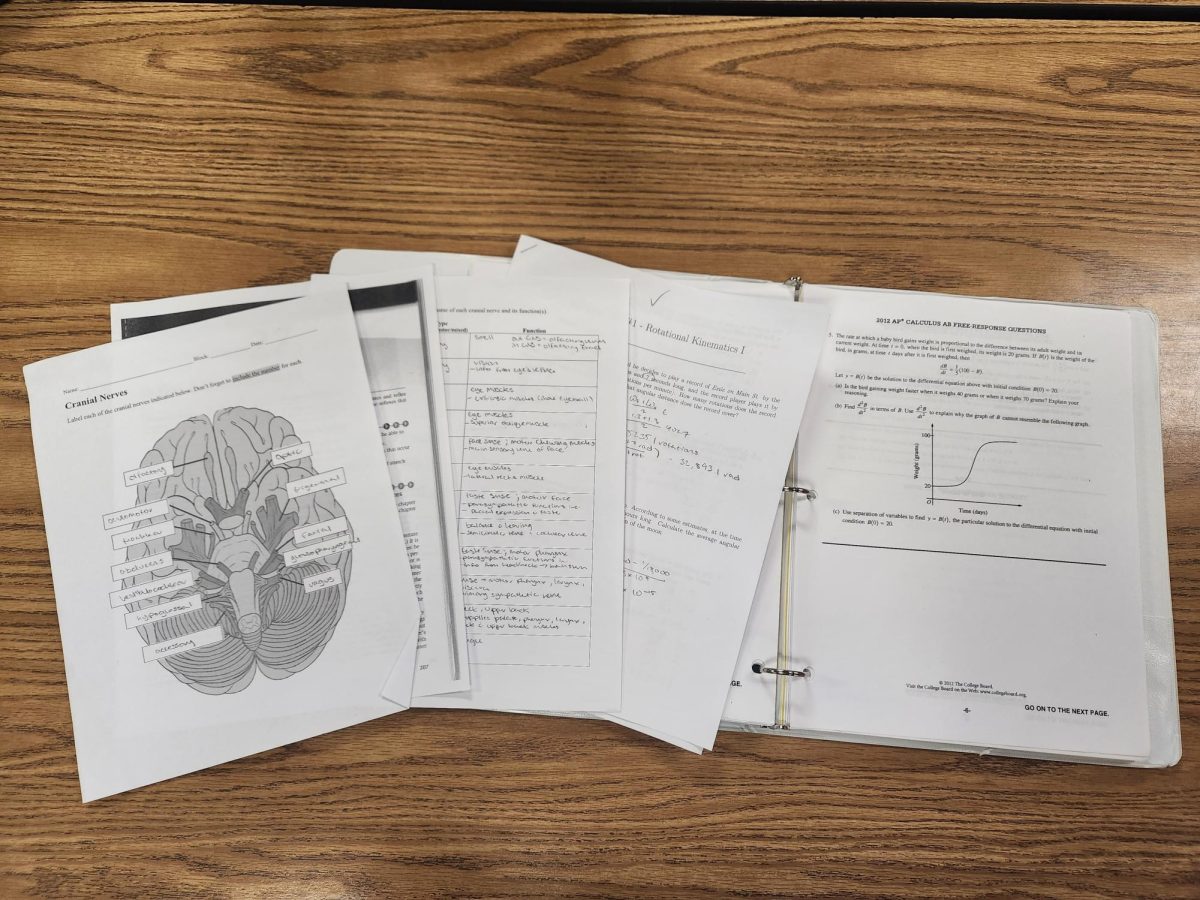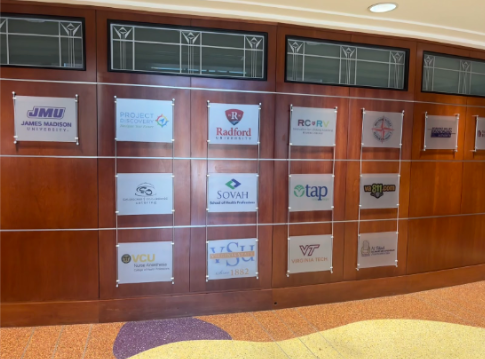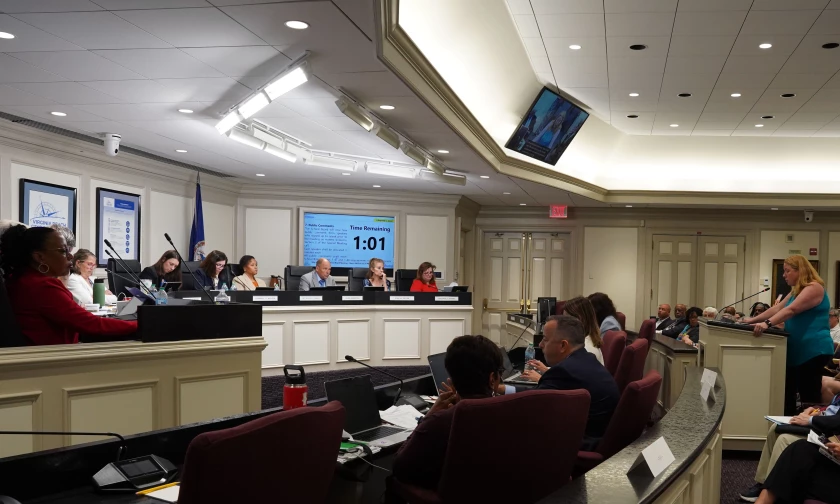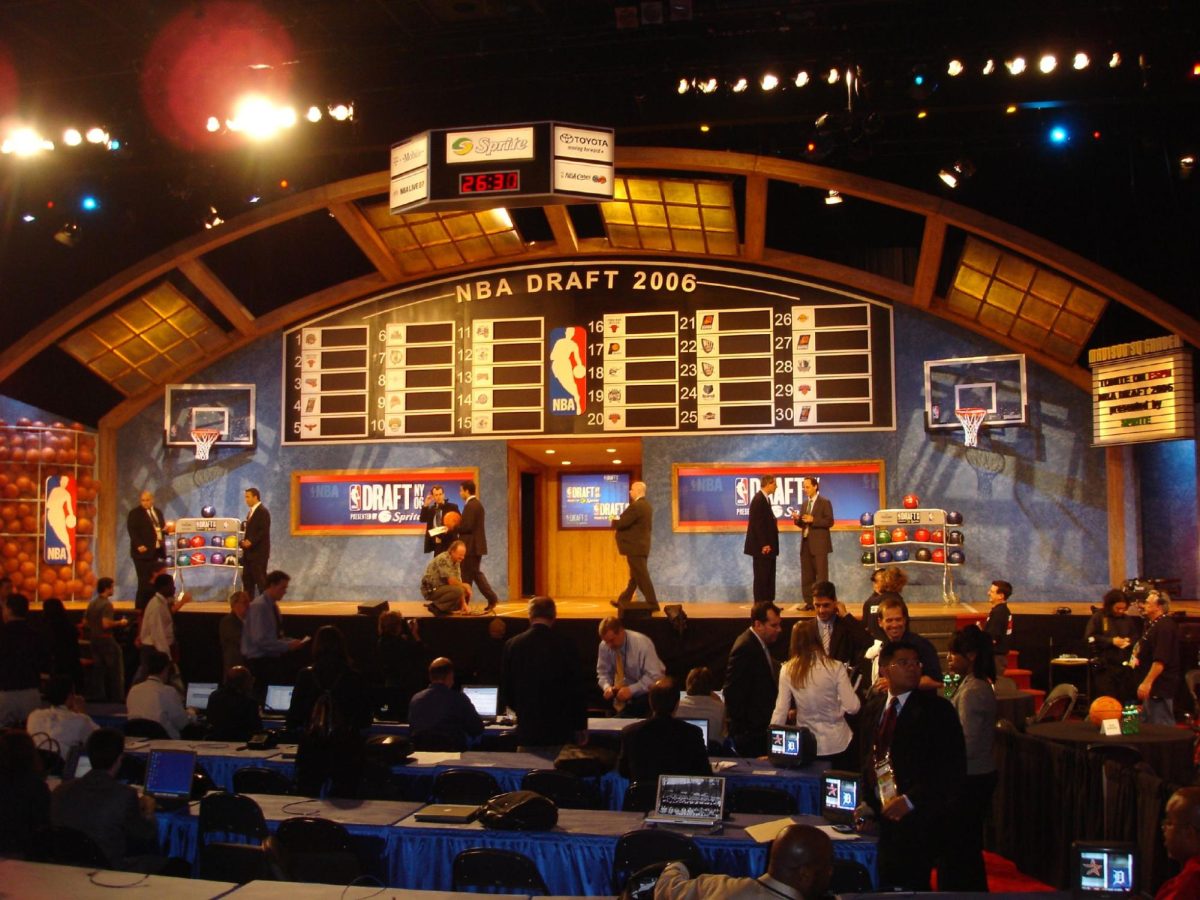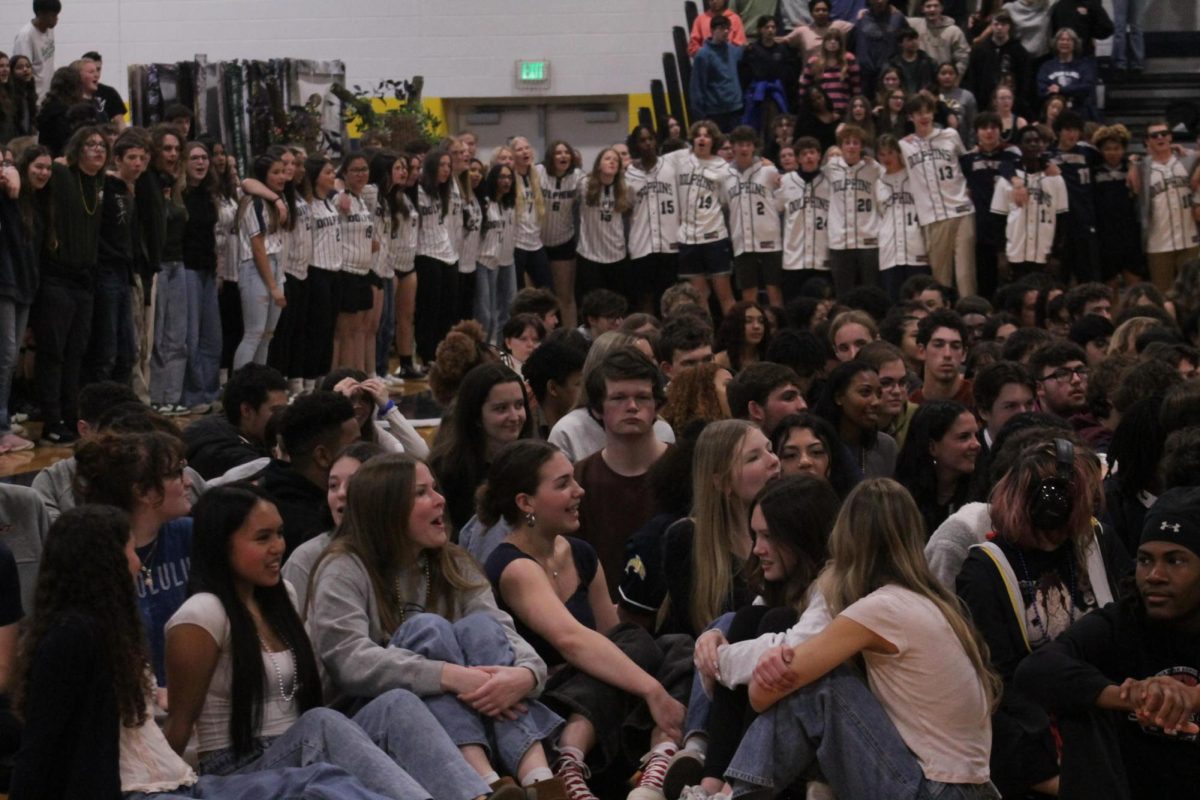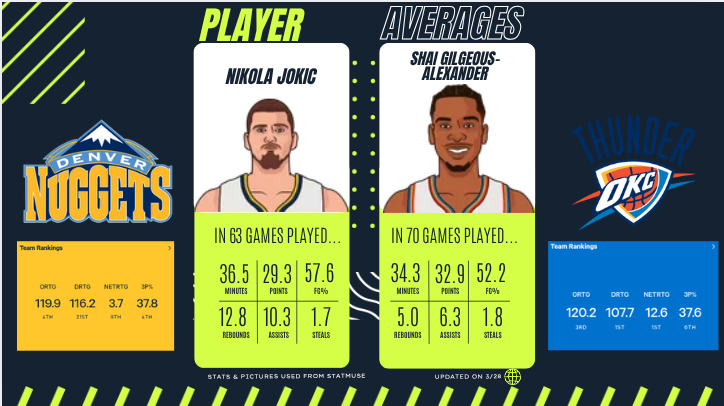Education has turned into a blood sport.
Students may not use swords or spears, but they fight their way through the competitive mine field of academia.
Parents send their children to an institution made to build them up, but in reality, the system fuels the fire of adolescent burnout.
These days students are expected to be “well-rounded.” They have to be students. They have to be athletes. If they can’t be an athlete, they have to be involved in clubs. Don’t forget to volunteer, but know not all service hours will count.
To be a part of all these activities one must be able to drive and pay for gas. Therefore, the additional responsibility of a job piles on top of the aforementioned titles. Despite all qualifications, obstacles present themselves when applying for a job because students may only possess the time to work weekends and also need time off on the weekends for school events. There lacks fairness in this heightened sense of responsibility and expectation of one person, let alone that person must also be a child.
When are students given the time to be children, before or after they have completed their homework, volunteer hours or participated in practice and their clubs?
“We found that some teacher and school-related educational practices are negatively and specifically associated with school burnout,” said researchers at the University of Teacher Education in Switzerland, who found connections between the resources accessible to students, how much time is spent on teaching and levels of exhaustion.
The researchers concluded that a relationship between a teachers’ teaching style, motivation and a sense of cynicism existed. Lastly, they concluded that the enforcement of rules is linked with inadequacy.
These connections go to show that education needs to change.
“I do think that artificial intelligence (AI) has the potential to shift the meaning of education,” said physics teacher Ryan Guenthner, who believes that AI could force educators to encourage students to learn for the sake of learning and may push teachers to spend time educating on materials outside of the scope of accessible knowledge.
For the moment, however; education still stands in a backward era which determines one’s knowledge through a trial of memory versus time. The idea of standardized tests is outdated and leads to more competition as students often compare test scores to determine their worth in the classroom.
“Comparing grades has been humbling for me,” said senior Ashley Henry. “To be honest, there is not much that discourages me… besides my grades.”
Numbers should not signify the value of a person or their knowledge.
Education should never have developed into a mathematical testament to one’s ability to focus in a classroom or remember the steps to 18 different processes in multiple classes at one time.
Education should foster confidence and innovation.
Education should encourage growth and curiosity.

